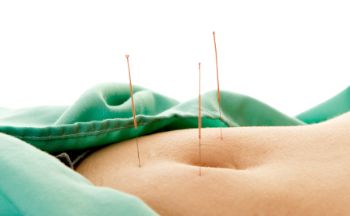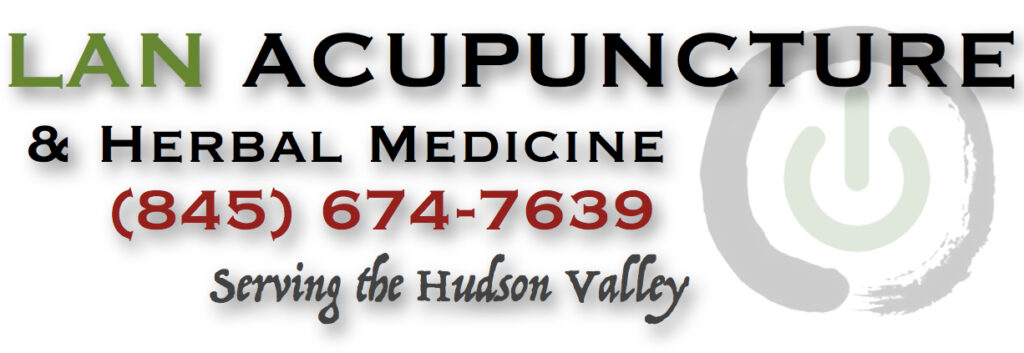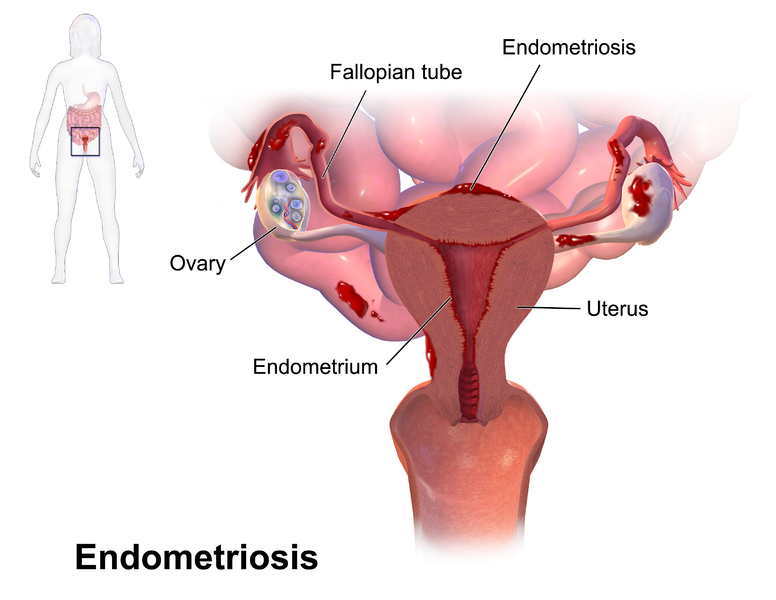[retweet][facebook]
Researchers find that acupuncture and Chinese herbal medicine are effective for the relief of endometriosis pain. Local Abdominal AcupunctureThe total effective rate for auricular acupuncture was over 90%. The total effective rate for Chinese herbal medicine was 60%. A closer look revealed that the effective rate for mild to moderate dysmenorrhea due to endometriosis for both auricular acupuncture and Chinese herbal medicine was similar. However, auricular acupuncture showed greater efficacy for the relief of severe dysmenorrhea due to endometriosis.
 A total of 24 studies were reviewed for this investigation. One of the studies met all of the inclusion criteria and was the basis for the research conclusions. The study inclusion criteria ensured that only credible research meeting the toughest standards underwent evaluation. The study had to be a randomized, blinded controlled trial of women that are of reproductive age. Additionally, a laparoscopy was required to confirm the diagnosis of endometriosis.
A total of 24 studies were reviewed for this investigation. One of the studies met all of the inclusion criteria and was the basis for the research conclusions. The study inclusion criteria ensured that only credible research meeting the toughest standards underwent evaluation. The study had to be a randomized, blinded controlled trial of women that are of reproductive age. Additionally, a laparoscopy was required to confirm the diagnosis of endometriosis.
The study reviewed by the researchers meeting all inclusion criteria consisted of 67 patients. Based on the positive clinical outcomes reviewed, the researchers suggest that additional studies are appropriate to investigate the efficaciousness of acupuncture for the treatment of endometriosis related pain.
In related findings, Dr. L.C. Giudice, MD, PhD cited acupuncture as effective for the treatment of endometriosis related pain in the New England Journal of Medicine (NEJM). Dr. Giudice cited another randomized, sham-controlled trial of women suffering from endometriosis pain. The study concluded that acupuncture definitively and significantly reduces endometriosis related pain.
This type of research is important because endometriosis pain often worsens over time and can be both severe and debilitating. Approximately 10% of reproductive age women suffer from endometriosis. Additionally, approximately 50 percent of infertile women have endometriosis. Biomedical approaches to controlling endometriosis include surgery, oral contraceptives and anti-inflammatory drugs. GnRH agonists are also used as a treatment modality. However, GnRH agonists lower estrogen levels and may lead to endometrial atrophy and amenorrhea. TCM (Traditional Chinese Medicine) including acupuncture and herbal medicine has a documented history for the treatment of dysmenorrhea related pain for over 1,000 years and is now the subject of modern research.
Excerpt from:

